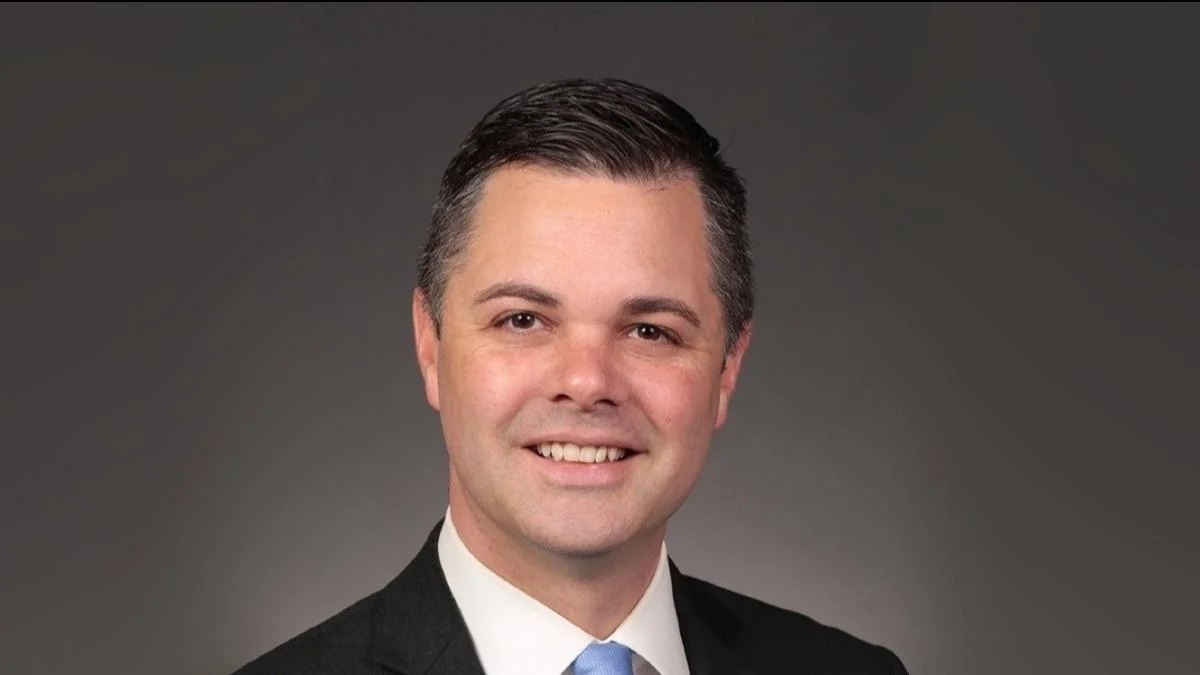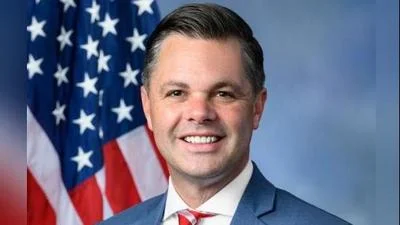U.S. Rep. Zach Nunn Representative for Iowa's 3rd District | Official U.S. House headshot
U.S. Rep. Zach Nunn Representative for Iowa's 3rd District | Official U.S. House headshot
Congressman Zach Nunn has recently highlighted several legislative initiatives on his social media accounts, focusing on water safety, support for small businesses, and agricultural policy.
On August 2, 2025, Congressman Nunn addressed the issue of lead-contaminated pipes in Iowa. He stated, "More than 160,000 Iowans still rely on lead-contaminated pipes to deliver their water—hitting disadvantaged communities the hardest. Our bipartisan bill speeds up lead pipe replacement to deliver safe, reliable water where it’s needed most."
Later that day, he discussed the importance of small businesses in the U.S. economy. In his post from August 2, 2025, Nunn wrote, "Small businesses power our economy. Together, they employ more Americans than any Fortune 500 company. Our bipartisan ELEVATE Act cuts red tape and forces Washington to deliver on its promises—allowing heartland businesses to compete and grow."
On August 3, 2025, Nunn turned attention to Iowa's agricultural sector and local food access. He said in a tweet: "Iowa farmers grow some of the best food in the world, and more of it should be feeding our own communities. Our bill helps get fresh, locally grown food into schools, food banks, and family kitchens—supporting farmers and expanding local markets."
Lead contamination in drinking water remains a significant concern nationwide. Efforts to replace aging infrastructure have been underway for years as studies have shown that exposure to lead can cause serious health issues—especially among children and disadvantaged populations.
Small businesses are often cited as major drivers of job creation in the United States. Legislative efforts like the ELEVATE Act aim to reduce bureaucratic barriers so these enterprises can thrive.
Iowa is recognized as one of the leading agricultural states in America. Programs that connect local farms with community institutions seek to strengthen regional economies while improving access to nutritious foods.






 Alerts Sign-up
Alerts Sign-up